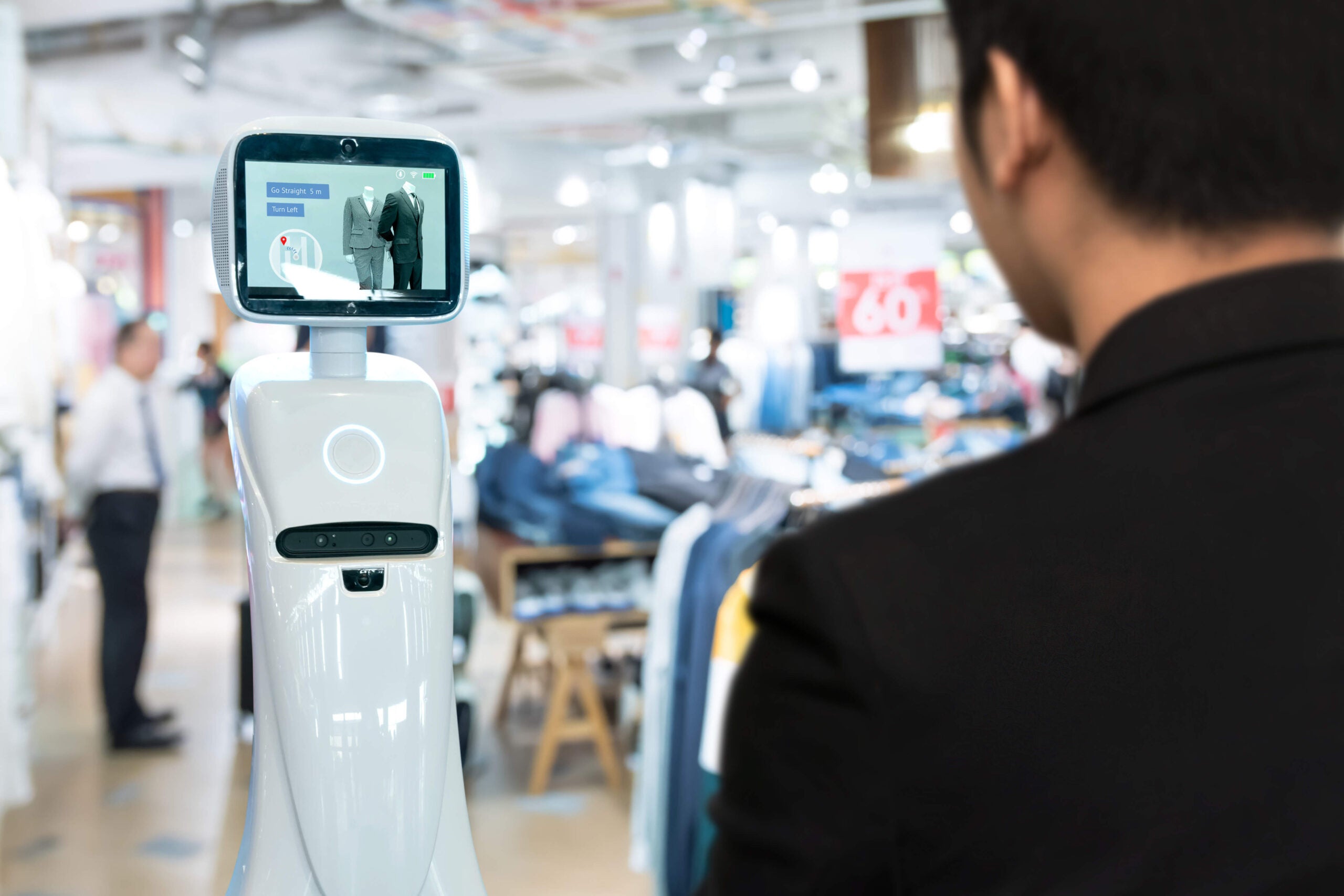
Ill-fitting clothing is a source of annoyance for every online shopper, with a lack of consistent sizing often failing to provide the right fit.
This results in nearly a quarter of clothing purchased online being returned by shoppers, with sizing issues a major factor. Not only is this frustrating for consumers, this is costly for retailers, with the ‘try-before-you-buy’ attitude adopted by many consumers costing UK retailers an estimated £60bn a year.

Access deeper industry intelligence
Experience unmatched clarity with a single platform that combines unique data, AI, and human expertise.
However, the answer could lie in technology. With 3D body scanning offering a greater level of sizing accuracy, could it help iron out the issue?
What is 3D body scanning?
Using light sensors to generate 360 degree images of the body, 3D body scanners capture accurate body measurement data. The 3D scan forms a digital copy of the outside of the body, which when applied to e-commerce, allows shoppers to virtually ‘try on’ items of clothing before they make a purchase. Rather than relying on 2D images on models, customers can get a better sense of how clothes will look, which may in turn drive down returns.
There are different types of 3D body scanners available on the market, including 3D body scanning booths, body scanners with a rotating platform and home body scanners embedded in a mirrors.
Is it available yet?
Such technology has been around for a while, with 3D body scanners making an appearance in some Selfridge’s stores back in 2011. More recently, Californian startup Naked Labs has taken the technology a step further to not only measure body size, but health data as well, with the launch of a mirror that records weight, height, BMI, and body measurements. Intended as an alternative to the bathroom scales, the company claims that this is the first full body scanner that can be used at home.

US Tariffs are shifting - will you react or anticipate?
Don’t let policy changes catch you off guard. Stay proactive with real-time data and expert analysis.
By GlobalDataThere has been some interest from the wider world of tech. Last year, Amazon acquired BodyLabs, a company that creates 3D body models designed to help with trying on clothes. This is part of the e-commerce giant’s foray into the fashion world, known as Amazon Wardrobe, which allows Prime customers to try on and return clothes for free.
Another company, Nettelo, has developed a mobile phone platform that makes it possible for 3D body scanning to be carried out using just a smartphone or tablet, designed to ‘democratise’ the technology.
What are the applications?
According to Our Market Research, the full body scanner market is expected to continue to expand, reaching $328m by 2022. As well as obvious applications in the fashion industry, the technology has the potential to be used in other fields, such as in adapted performance sportswear, accurate 3D printing, and the creation of avatars for gaming. It also has applications in the fitness industry, with individuals able to more comprehensively track changes to the body beyond weight and BMI.
Unlike traditional tailoring, the technology enables clothing to be bespoke, without being costly or timely. Rather than estimating whether garments or shoes will fit before purchasing them, customers can use the extensive list of body measurements to better predict how they will look and fit.
Currently, the appeal of trying on clothes in store is one of the factors enabling brick-and-mortar retailers to compete with their online counterparts. Although the appeal of browsing and trying on clothes in person cannot be entirely replicated by body scanning, it is another element that adds to the convenience of online shopping.
However, some retailers are incorporating the technology into their in-store offerings. Back in 2011, New Look introducing a bodymetrics 3D body scanner designed to help customers find well-fitting jeans to its store in the Westfield shopping centre in Stratford. With 2018 seeing the closure of numerous highstreet stores across the UK, embracing novel technology may be necessary in order to compete.







